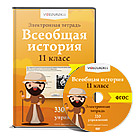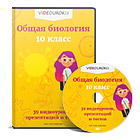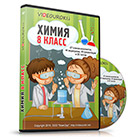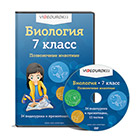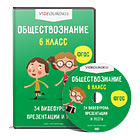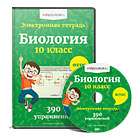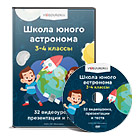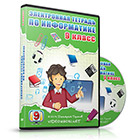| Categories | 5 | 4 | 3 | 2 |
| Target standards | All standards are addressed in procedures and identified in unit. Standards are appropriate for the duration of the unit. Time is available to teach each standard adequately. Unit plan addresses the standards. | The standards in unit are implied throughout Unit plan, but some are not specifically shown. The standards selected are appropriate for the duration of the unit. | The standards seem to be addressed in unit Plan, but they are indefinitely. Unit plan has too many standards to be taught thoroughly within the duration of the unit.
| Unit plan does not address the standards in any meaningful way. Unit plan has too many standards than are appropriate for the length of the unit. |
| Objectives | Objectives describe specific behaviors, knowledge, and/or products that relate to standards and can be assessed. Objectives require deep understanding and focus primarily on meeting curricular goals. | Objectives describe specific behaviors, knowledge, and/or products that meet standards and reflect understanding of relevant unit concepts. | The objectives describe behaviors, knowledge, and/or products that are rather indefinite and only require superficial understanding of unit concepts. | The objectives describe indefinite behaviors, knowledge, and/or products that do not require understanding of unit concepts. |
| Essential Question | EQ is an open-ended, thought-provoking question with more than a single right answer. It engages students and addresses their needs/interests. It covers an important, enduring learning for curriculum and requires higher-order thinking. | Essential Question centers on a topic that is either interesting or important to students. It is open-ended. It engages students but it doesn’t cover an important, enduring learning for curriculum. | My Essential Question addresses students’ interest or concerns, but not both. It is open-ended, but it doesn’t require higher-order thinking. | My Essential Question does not address either students’ interests or concerns. |
| Unit questions | Unit questions are open-ended questions with more than one right answer. It requires higher-order thinking, cannot be answered by simply recalling facts. It addresses standards and goes to the heart of the unit. It is broad enough to cover most of the topics within the unit.
| It is open-ended. Unit Questions address the standards identified in the Unit Plan that describe higher-order thinking as well as content knowledge and skills. They cover most of the topics within the unit. | Unit Questions are related to standards addressed in the Unit Plan. They only target lower-level elements of the standards. They only cover some of the topics within the unit. | Unit Questions are not open ended and related to the standards. Their support of the targeted standards in the unit is unclear. They only cover a few topics within the unit. |
| Assessment Plan | Assessment plan addresses all of the targeted standards and objectives. It assesses 21st century skills and higher-order thinking. Both formal and informal and peer- and self-assessments are used. It emphasizes content learning, addresses all standards and objectives. | Assessment plan matches and addresses most of the targeted standards and objectives. A variety of formative assessments are used throughout unit. | Assessment plan matches and addresses some of the targeted standards and objectives. A few formative assessments are used in my unit. | Assessment plan does not match or address the targeted standards and objectives. |
| Procedures: Student Work | The student’s work is authentic, student-centered, and meaningful. It has real life focus. It connects ideas across and within topics. | The work of students complete in this unit is meaningful and has elements that resemble the kinds of work people do in real life. | The work of students do in this unit has a few elements that resemble the kinds of work people do in real life. | The work of students complete in this unit does not resemble authentic work in a discipline in any way. |
| Procedures: Technology Integration | The technology deepens on students' understanding of important concepts, supports higher-order thinking skills, and develops students' lifelong skills. It is reasonable, feasible, and age-appropriate for the targeted student group and focuses on content learning | The technology in my Unit Plan helps my students understand concepts and develop skills. The technology enhances student learning, increases productivity, or promotes creativity.
| The technology in unit plan seems to be added without much thought to how it supports and deepens student skills and understanding. | Unit Plan could be taught more effectively without the current use of technology as it is described in Unit Plan. |
| Overall Procedures | Unit Plan has well thought-out, detailed instructions and procedures that make the unit easy to implement. | Unit Plan has instructions and procedures that serve as an effective guide for implementation. | Unit Plan has instructions and procedures, but some areas are unclear, making implementation difficult. | Unit Plan lacks clarity and is not an effective guide for implementation. |







